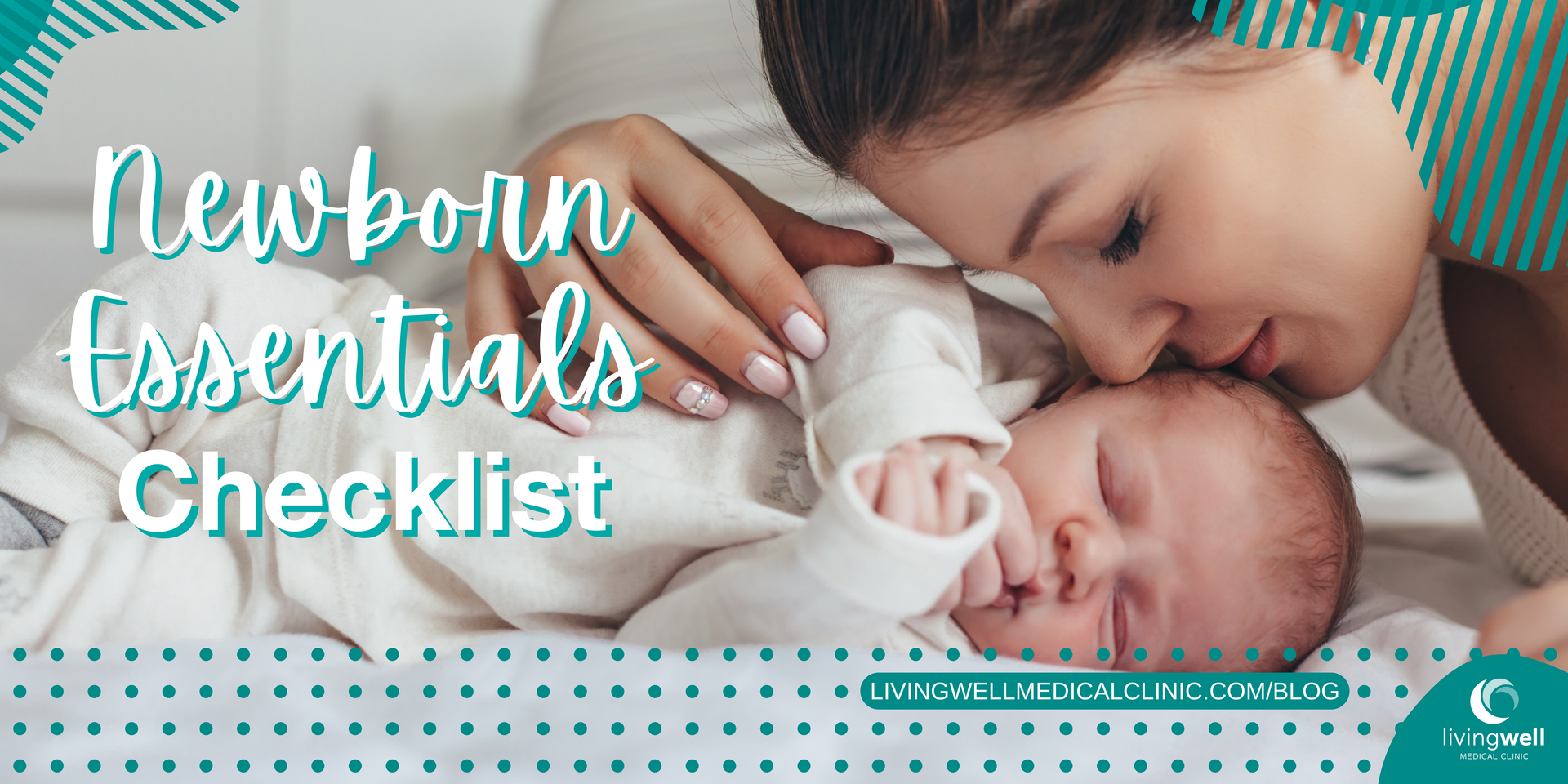The Five – Gonorrhea
The Five – Gonorrhea

“The Five” is a series of blog posts that will look at some of the most common STIs and give you answers to five of the most important questions you should be asking. In this post we consider Gonorrhea.
Sexually Transmitted Infections (STIs) are often not talked about because it can be an awkward topic, and when they are discussed, they are frequently misunderstood. For young adults, they are a big problem. The Center for Disease Control and Prevention (CDC) estimates there was an average of 251,000 new Gonorrhea cases each year in the past five years in people between the ages of 15-29.
Asking the right questions and getting accurate answers is important. Because the more you know, the better you can protect yourself.
The Five – Gonorrhea
#1 – What is Gonorrhea and how do you get it?
Gonorrhea is a bacterial infection that is passed on through sexual contact. It is also known by slang terms such as “the clap” or “the drip”, and often co-exists with chlamydia another common STI. You can get Gonorrhea by having vaginal, oral or anal sex with a partner who is infected. It is important to note that if your partner is male, you can get infected even if ejaculation doesn’t occur. Finally, if you are pregnant it is important to know that Gonorrhea can be passed along to your baby during childbirth.
#2 – What are the symptoms of Gonorrhea?
For many women and men there aren’t any symptoms that indicate you have an infection. Because of this, not only is it hard to know if you have it, but it makes it virtually impossible to know if your partner might be infected.
For women, if there are symptoms they may resemble the feeling of a mild vaginal or bladder infection. They may experience pain when they urinate, increased vaginal discharge or even bleeding between periods. For men, symptoms can include pain or burning when urinating, a white, yellow or green discharge from the penis, or painful or swollen testicles. And occasionally men and women can experience pain, swelling, discharge or bleeding from the rectum.
#3 – How can I find out if I have Gonorrhea?
The only way to be sure if you have Gonorrhea is to get tested. LivingWell Medical Clinic offers appointments for testing at no cost to our clients, so there’s no reason not to find out.
#4 – Is there a cure for Gonorrhea?
Yes. If you test positive for Gonorrhea, there is medication that can cure the infection. In order for treatment to be successful there are a few things that must happen. You will need to take all of the medication prescribed. You will also need to refrain from sexual contact during the treatment and not have sex for 7 days after the treatment is complete. You will also want your partner to get tested and if needed receive treatment so you don’t become infected again. It is also important to know that it is getting harder to treat Gonorrhea because drug-resistant strains are increasing. So if symptoms continue for more than a few days after treatment, you should be tested again. And keep in mind that just because the treatment was successful and relatively easy the first time doesn’t mean it will be easy to treat in the future. You should avoid risky behavior that can lead to a repeat infection.
#5 – What happens if I don’t get tested and treated if I have Gonorrhea?
If you have Gonorrhea and don’t get proper treatment you are putting your and your future partner’s health at risk. Left untreated Gonorrhea can cause some serious health problems, especially in women. Women who contract Gonorrhea are at a higher risk for Pelvic Inflammatory Disease (PID), as well as infertility and possibly an ectopic pregnancy in the future. Untreated Gonorrhea may also increase your chances of contracting HIV according the the CDC.
As we mentioned earlier, young people are a high-risk group when it comes to STIs like Gonorrhea. Latex condoms and dental dams used the correct way every time you have sex will lower your risk. However, the only sure-fire way to avoid getting any STI is to not have sexual contact (vaginal, oral or anal), until you are in a mutually monogamous relationship with an uninfected partner.
Bottom line, we want you to have all the information you need to make healthy decisions when it comes to sex. If you are active and think you might need an appointment for a test, we hope to see you. All of our services are confidential and provided at no cost to you. If you have questions about Gonorrhea, our services or other STIs, feel free to leave a message in the comments below.

Eva Fisher
Nursing Director
The content on this page has been reviewed and approved by our Nursing Director.







